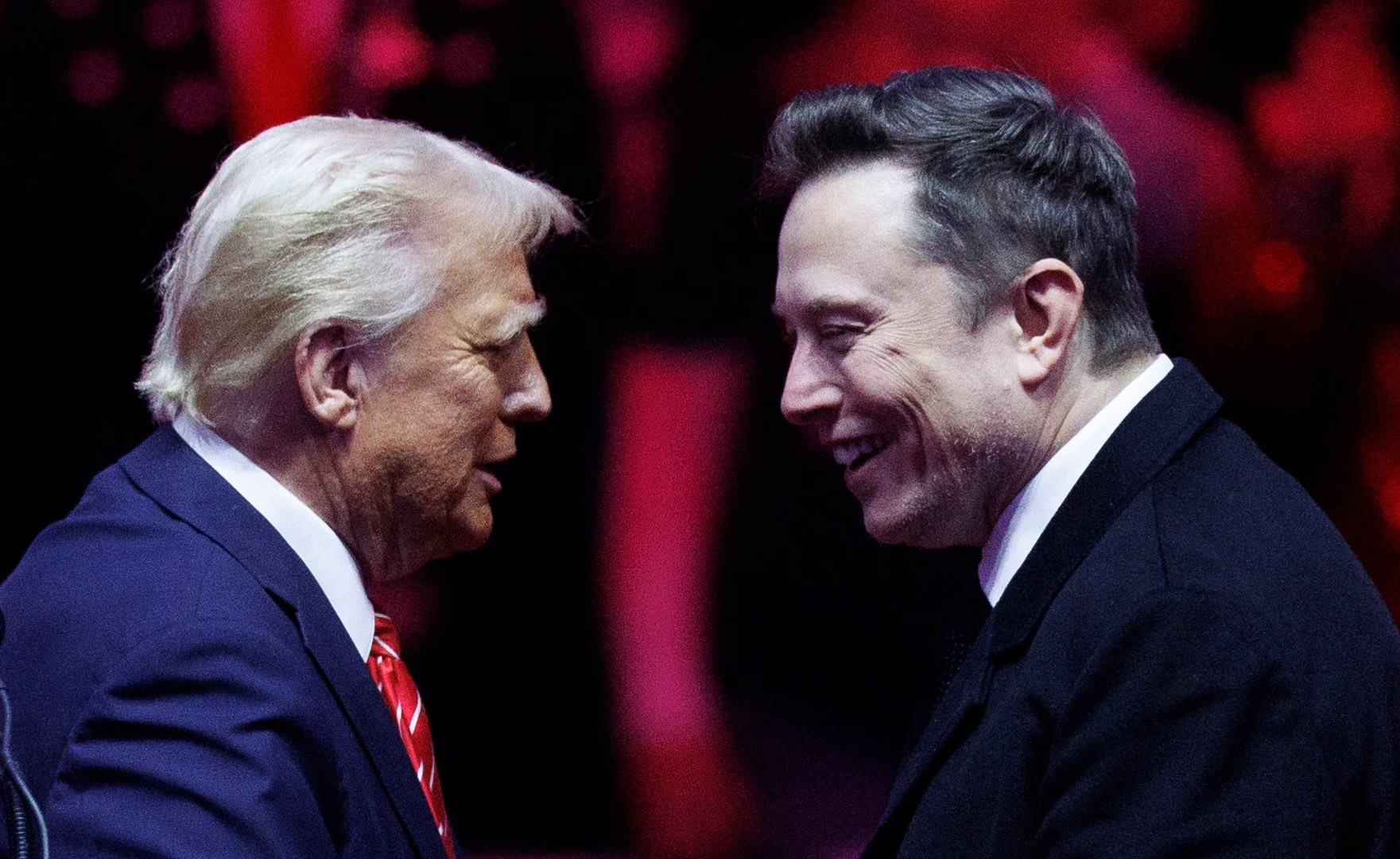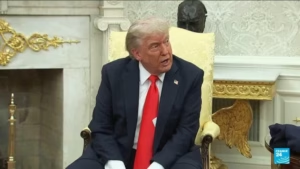Months of what appeared to be a resilient collaboration imploded amid a dispute over Trump’s extensive tax bill, with Musk even going as far as advocating for the president’s impeachment on social media.
Through a series of aggressive posts, Musk launched harsh personal attacks against Trump, culminating in unsubstantiated claims about Trump’s involvement in what are known as the “Epstein files” – documents linked to the late sex offender Jeffrey Epstein.
In response, Trump unleashed a verbal barrage of his own, suggesting that Musk leave his White House role and hinted at cutting government subsidies and contracts to Musk’s companies.
The once strong partnership between Trump and Musk had reached its peak just months prior to this rift, with Musk spending close to $200m to secure Trump’s re-election and being appointed to head a newly created government agency aimed at cutting inefficiencies.
The Honeymoon Phase
Before the escalation into a war of words, Trump and Musk seemed to be almost inseparable. Musk’s significant financial backing of Trump’s re-election campaign was quickly repaid with a top role in Trump’s administration. The Department of Government Efficiency (DO GE), as Musk’s new domain, quickly became central to government operations under his influence, even prompting some to nickname him “President Elon.”
In the early days of Trump’s second term, Musk became one of the administration’s most prominent figures, implementing dramatic cuts across federal agencies. Despite their partnership, there were already signs of strain, with Musk occasionally criticizing Trump and initially supporting another Republican candidate before rallying behind Trump following an assassination attempt.
The Unravelling
Politics is often defined by its shifting alliances and eternal interests, a reality mirrored in Trump’s history of disconnecting from allies and advisers. Musk’s break with Trump could be seen coming, given the tense undercurrents of their relationship and Musk’s diminishing role within the administration.
Rumors of disagreements behind closed doors began to surface, leading to Musk’s public critique of Trump’s signature tax and budget proposal. Despite initial restraint from Trump, the situation escalated rapidly, culminating in public confrontations and accusations on social media, with each questioning the other’s sincerity and loyalty.
Criticisms of Musk’s motives and the implications of his actions towards Trump’s policies and legislative objectives have raised questions about the future of their relationship and the broader political landscape.
What’s Next, and Who Will Win?
Musk’s future in politics hangs in the balance, complicated by his break with Trump. Losing the support of his former ally could alienate him from both Democrats and Trump loyalists, influencing his reputation and power in the Republican camp.
Trump, known for his resilience in the face of public controversies, may leverage government powers against his rivals, including investigating previous administrations. The president’s threat to Musk’s business interests, including SpaceX and Starlink, adds another layer of complexity to their dispute.
Both figures may use their respective positions to affect the other’s agenda, with Musk potentially aligning with fiscally conservative lawmakers to block Trump’s tax bill, and Trump warning of economic repercussions if the bill fails.
Despite the aggressive rhetoric, both Trump and Musk continue to prioritize their political and economic agendas, with each emphasizing the importance of the bill and the potential consequences of its failure, underscoring a fragile political climate that could have far-reaching effects.







